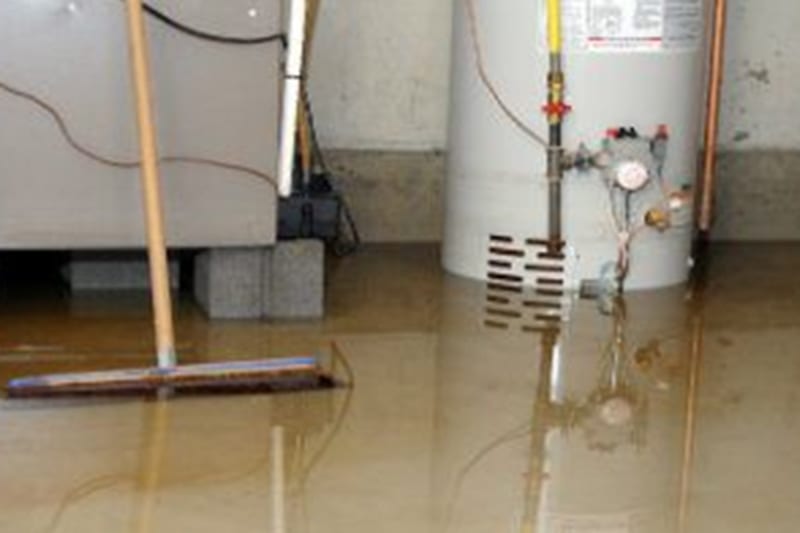AS A HOME OR BUSINESS OWNER, YOU TRY TO MAINTAIN YOUR PROPERTY AND MECHANICAL EQUIPMENT TO AVOID EMERGENCIES – AND THE HEFTY BILL THAT USUALLY FOLLOWS WHEN YOU MAKE AN EMERGENCY CALL TO AN HVAC OR PLUMBING PROFESSIONAL.
So, what can you do to avoid having to make said emergency call? Simply follow these four easy steps.
1. Schedule Preventive Maintenance
It’s not uncommon for owners to avoid servicing their residential or commercial plumbing and HVAC equipment due to the cost. At least until the boiler breaks down, the hot water tank bursts, or the flooring is ruined because of eroded pipes. However, the cost of repairing the resulting damage and replacing the faulty equipment far exceeds the cost of a maintenance plan.
Preventative maintenance should include checking all water-related components (water heater, sprinkler system), parts (faucets, shower heads, drains) and pipes for rust, corrosion, leaks, and bent or broken parts, both inside and outside your home or business. Additional items to check:
- toilets
- bathtubs
boiler piping/zone valves
And don’t forget about seasonal maintenance:
- detach exterior hoses from faucets
- verify sump pump operation
clean ductwork and other components
2. Install, Update or Automate Your Thermostat and Monitoring Systems
Frequently adjusting your thermostat settings can strain your entire HVAC system, wearing out the components and adding to your energy consumption. Install or upgrade to an efficient automated thermostat that responds to changing temperature needs in a rapid, precise, and efficient way.
Also, consider installing a mechanical monitoring system in your home or business that will quickly alert you of any malfunctions or unexpected temperature fluctuations in your plumbing or HVAC systems.
3. Be Kind to Your Pipes
Residential and commercial plumbing is not designed to handle the latest, greatest “flushable” products. To be safe, it’s best to avoid disposing of “flushable” wipes and other “disposable” products in your toilets as they can eventually clog the pipes.
What about those drop-in bowl cleaners? Although they may help clean your toilet bowl, the chemicals can damage pipes and potentially void pipe or toilet warranties.
And who doesn’t enjoy the convenience of a kitchen sink garbage disposal? While this kitchen gadget can manage general food debris, some foods are better off for composting. In order to maintain its life expectancy, avoid feeding the following down your sink’s garbage disposal:
Stringy vegetables and fruits (celery, corn husks)
- Rinds (melons, oranges)
- Dense, hard vegetables (carrots, potatoes, beets)
- Grease or fat, which coat and damage your pipes (including meat fats and skins)
Finally, don’t hang clothes or other objects from exposed pipes. The strain of supporting wet clothes, string lights, or sheets (as room dividers) can cause the pipes to burst.
4. Know the Location of Your Main Water Valve
Whether it’s in your home or place of business, it’s important to know where your main water valve is in the event of a plumbing emergency. Planning a get-away or travel for business? Shutting off your water is a good practice if you are going away for an extended period (attention all you snow birds).
Preparation Goes a Long Way to Avoiding Costs
Although it’s difficult to prepare for every possible plumbing and HVAC emergency, with some diligence and forethought, you can eliminate the need to make that plumbing or HVAC emergency call and avoid, or at least alleviate, the associated costs. Following the four steps above will reduce the chances of a small mechanical problem turning into a large and expensive one.
So, for all your commercial or residential plumbing or HVAC needs, including a preventative maintenance plan, call Sherwood Mechanical at 780-449-5322. Our licensed and insured professionals are here to help. Don’t wait for an emergency – call Sherwood Mechanical today!









